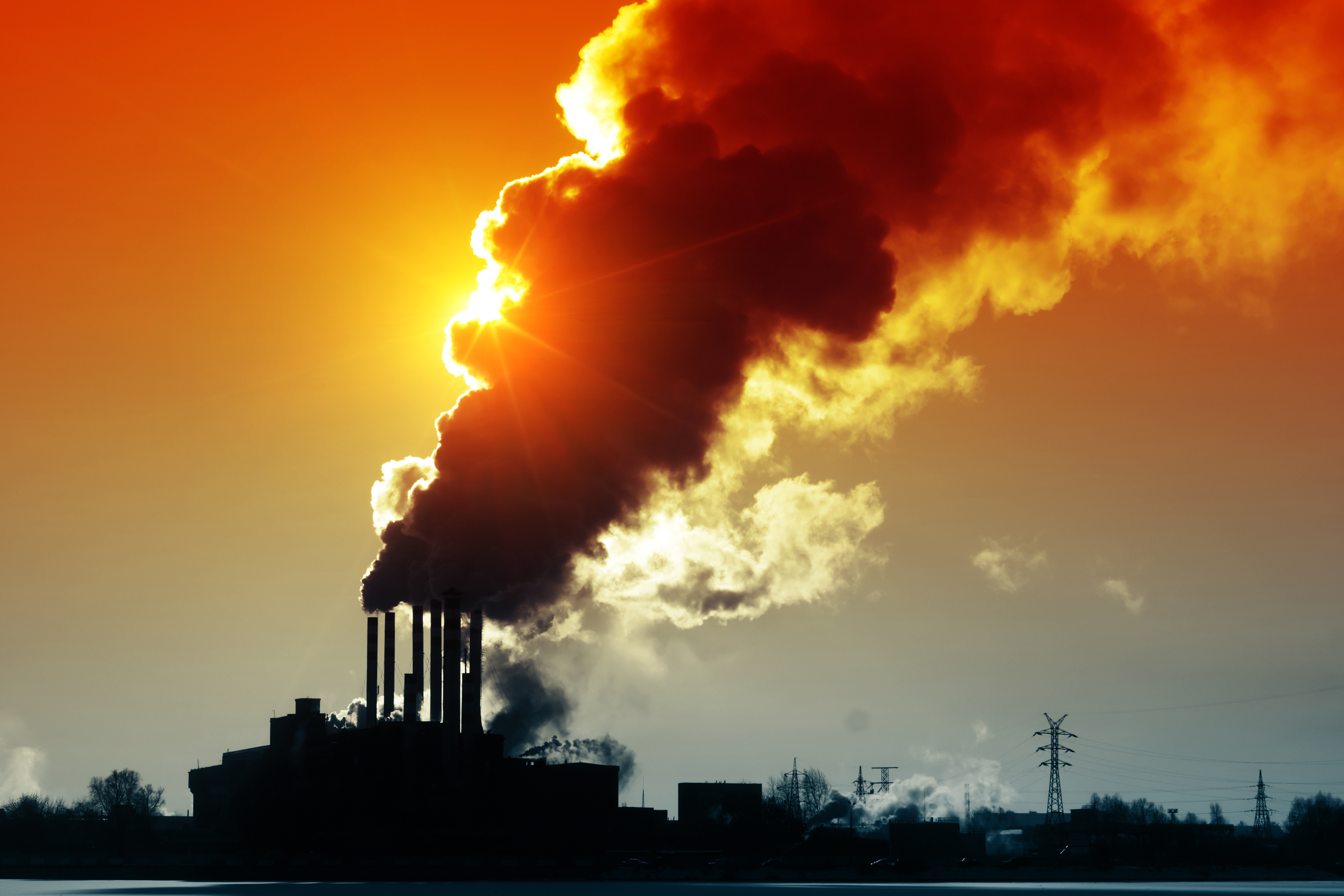Comment: The Government’s cosy relationship with big energy companies is killing thousands

Just as David Cameron was promising in his election manifesto to “do even more to tackle air pollution,” his government – backed by big energy interests – was secretly sabotaging a major European environmental policy that could’ve done just that.
Once it takes effect at the end of the decade, the EU law (called BREF) will enforce pollution limits for power stations across the continent. But, as it stands, it’s really weak. So weak, in fact, that equivalent environmental regulations already introduced by Japan, the US and even China look tough-as-nails by comparison.
‘Best available technique’ Reference document.
It sets out different environmental performance standards for big industrial plants including coal and lignite plants.
It will likely be adopted in early 2016 ahead of EU-wide implementation by 2020.
The B in BREF is supposed to stand for “Best Available Technique”, yet in no way do the rules reflect what today’s technologies can achieve. And because of that, because the law won’t do what it was supposed to, people – in the UK and across Europe – are going to die unnecessarily.
The difference between what can be done to tackle pollution, and what is being proposed, could be as many as 7,100 premature deaths per year across the EU, and as much as €5bn, according to recent report. And the UK government, along with a clutch of other countries in the pocket of big coal, has made this happen. They didn’t even stop there, providing a 31-page dossier as to why the already watered-down pollution rules should be made weaker still.
And yesterday, at the final BREF meeting, the UK government rep fought against investment in pollution controls — after receiving a note from an EDF lobbyist.
Final meeting on EU air pollution limits for coal: UK govt fights against investment in NOx controls, after taking a note from EdF lobbyist
— Lauri Myllyvirta (@laurimyllyvirta) June 3, 2015
It’s no surprise that more than half of the 352 people writing BREF – including the 137 spots set aside for industry representatives – are on the big energy payroll, with 5 of the UK’s 9 delegates coming from E.ON, EDF et al. The end result, quite predictably, is a law that won’t do nearly enough to force dirty coal plants to clean up their act, or force the Tories to clean up our air.
Because, even setting aside the carbon dioxide that causes dangerous climate change, power plant emissions are killing people in the UK. You can blame air pollution for more than 29,000 premature deaths in the country every year — that’s 10 times the number killed in road accidents. A lot of those toxic fumes – such as the poisonous particulates PM2.5 and PM10 – comes from car pollution (another thing the Government has done a truly appalling job of addressing), but at least 1,600 premature deaths a year are caused by coal.
Projected premature deaths caused by a weak BREF:
The UK is known throughout Europe as a particularly smoggy place, with the European Court of Justice and our very own Supreme Court calling out the Government for consistently breaching EU air quality standards. And just the other month Aberthaw coal station in Wales was informed it would be taken to court by EU authorities for its persistently and dangerously high nitrogen dioxide (NOx) emissions.
Even some of the Big 6 energy firms with whom the Government is so friendly with think the Tories’ pollution policies are overly lax. Tony Cocker, who runs E.ON’s UK division, wrote to the Environment Agency in 2013 to express “great disappointment and frustration at the agency’s proposals for the regulation of coal-fired power stations”, which he said represents a “significant dilution” of the future standards.
E.ON was the only major energy company to have done anything to comply with the proposed law, only to discover it needn’t have — its Big 6 brethren had already piled on the pressure and of course Cameron and his crew buckled over the introduction of proper regulation.
Of course they did. In public, ministers like to talk tough about the country’s major energy companies, but in private they are notoriously cosy; redacted documents suggests it meets with them before making major policy decisions, and their execs have even been seconded to unpaid positions within Government departments like DECC. It’s little wonder that things always seem to go one way.
This Government seems to think it’s okay to try and pump out more coal plant emissions than China. And with Westminster so clearly in the energy industry’s pocket, they may be right.

